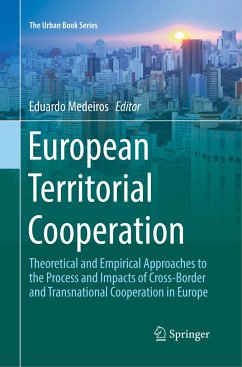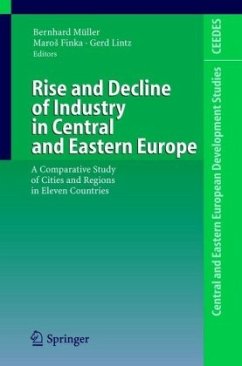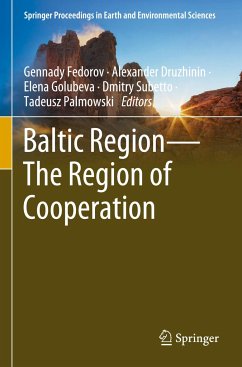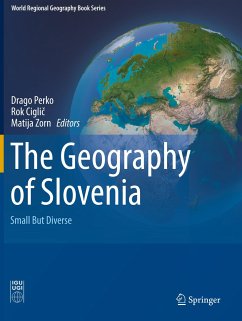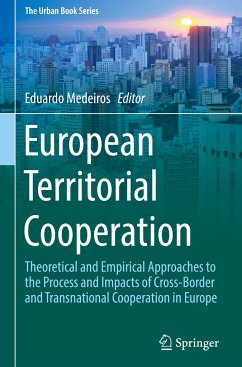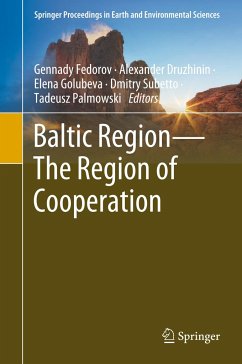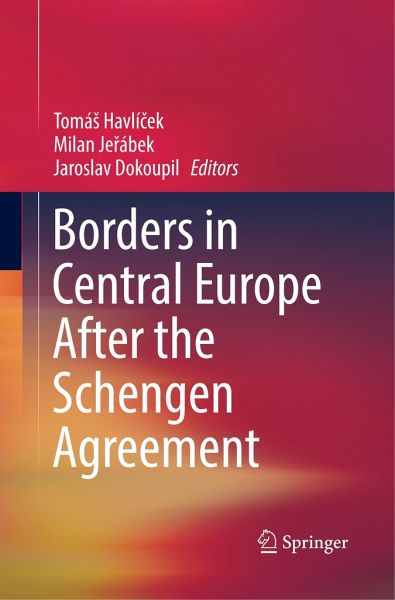
Borders in Central Europe After the Schengen Agreement
Versandkostenfrei!
Versandfertig in 6-10 Tagen
76,99 €
inkl. MwSt.

PAYBACK Punkte
38 °P sammeln!
This book is the result of research into the considerable impacts the signing of the Schengen Agreement has had on the border regions of the signatory, in particular the Central European internal borders. The analysis provides an in-depth look at European integration, development and perception at the state level as well as in the selected border regions of Central Europe. The book discusses results from population questionnaires in this region, and presents the most important features of development of border regions within Central European internal borders/borderlands after the Schengen Agre...
This book is the result of research into the considerable impacts the signing of the Schengen Agreement has had on the border regions of the signatory, in particular the Central European internal borders. The analysis provides an in-depth look at European integration, development and perception at the state level as well as in the selected border regions of Central Europe. The book discusses results from population questionnaires in this region, and presents the most important features of development of border regions within Central European internal borders/borderlands after the Schengen Agreement. This book is suitable for students and researchers dealing with the borderlands, but also outlines sufficient information to be of interest to regional planners and policy makers.





